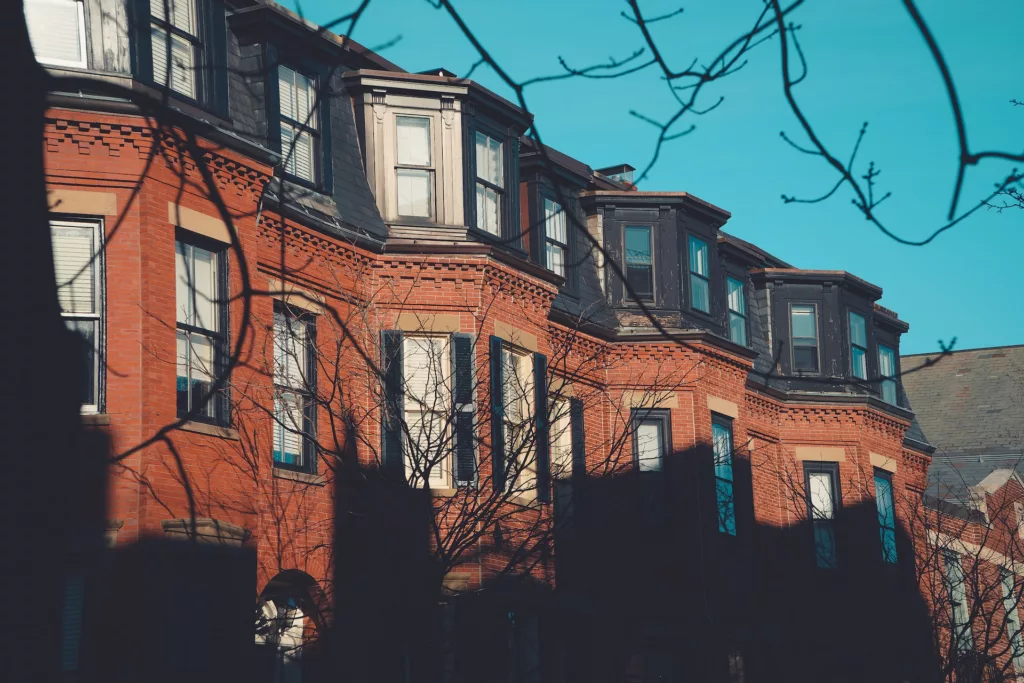
Estimated reading time: 5 minutes
In an era of rising living expenses and housing shortages, finding affordable housing has become an increasingly important concern for renters worldwide. The fundamental necessity of secure and reasonably priced shelter is essential to a stable and fulfilling life. However, since housing costs in many urban areas continue to rise, the search for affordable housing has become an arduous struggle.
Many people prefer to rent homes rather than buy them in the face of unstable real estate prices and high-interest rates. However, if you’re looking to save money by renting rather than buying real estate, you’ll want to be sure you’re actually opting for affordable housing.
Whether you’re a student, a young professional, or a family looking for affordable housing, this post is here to help. So, let’s go on this journey together and take the first step toward finding a home that meets your needs and budget.
Table of contents
Rental Assistance Programs
Although it might be challenging to find affordable housing, renters can look into rental assistance programs to lessen their financial burden. Start by looking for details on available programs on the websites of your local government, community centers, or housing authorities. Many cities provide housing subsidies or vouchers depending on income levels, assisting tenants in finding safe and decent housing. It’s advantageous to seek out rental management services that can provide listings that fit your budget.
Non-profit organizations and charities also offer rental assistance, so it’s worth contacting them for assistance. Furthermore, online platforms and social media groups frequently share information regarding low-cost rents and housing aid programs. Networking with friends, family, and community members may also provide valuable resources. Because these programs often have limited financing, it is critical to understand eligibility criteria, obtain required documentation, and apply as soon as possible. Being proactive and persistent in your search for rental assistance will significantly boost your chances of finding affordable housing.
Developing New Housing Units
Formerly, the federal government was the sole financier of many affordable housing initiatives. Today, dedicated affordable housing is typically built with subsidies from a variety of sources, including federal, state, and local governments, financial organizations, and philanthropic foundations.
Other dedicated affordable units are built as a result of affordability requirements or incentives imposed by local or state governments. These units could be created by for-profit developers who don’t typically focus on affordable housing but are willing to do so in order to get their projects authorized.
For example, a city may demand that a specific percentage of apartments in new market-rate projects be affordable. Alternatively, a city may offer incentives for developments that incorporate affordable housing, such as the opportunity to build at a higher density.
Dedicated affordable housing units usually have legally enforced restrictions on who can live there and how long it must be affordable to a specified income level. These units may continue to serve low-income households for 30 to 50 years or beyond.
Impact of Affordable Housing on Families and Communities

Economic Stability
Affordable housing improves the economic stability of families and communities. When housing costs are reasonable, families have more disposable income to put towards savings, investments, education, and healthcare. This financial flexibility enables families to withstand unexpected expenses, lowering the risk of financial crisis or debt.
Additionally, communities with affordable housing options can draw a diverse and skilled workforce, which in turn can stimulate economic growth through increased productivity and entrepreneurship. Stable households also contribute to the economic stability of the larger community because they are more likely to support local businesses and add to the local tax base.
Community Cohesion
By encouraging varied and inclusive communities, affordable housing strengthens community cohesiveness. Living together with people from different socioeconomic backgrounds encourages social interaction and a sense of community. Diversity enhances communities by bringing together individuals from various backgrounds, cultures, and experiences.
Residents in mixed-income neighborhoods are more likely to participate in community events, form relationships, and collaborate on community projects. This social cohesion can contribute to increased safety, lower crime rates, and a higher overall quality of life. Furthermore, it helps to mitigate the adverse effects of gentrification because long-term residents are more likely to stay in their areas when affordable housing options are available. Finally, affordable housing is critical to developing resilient, peaceful, and prosperous communities.
Economic Growth
Affordable housing is critical to supporting economic growth within communities. Communities can attract a diverse workforce by providing accessible housing options, ensuring that various skills and abilities are readily available to local businesses. As a result, job generation and business development are increased, particularly in the construction and real estate sectors. As housing costs fall, families have more disposable income, which boosts consumer spending and the local economy.
Initiatives for affordable housing also frequently incorporate public and private investments, pouring money into the neighborhood and stimulating economic development. In general, affordable housing not only meets housing needs but also stimulates wider economic growth, enhancing the financial security of both households and communities.
Conclusion
Finding affordable housing for renters is a challenging endeavor that requires the collaboration of governments, developers, and communities. Streamlining regulations, supporting new construction methods, and creating public-private collaborations are all critical first steps.
Additionally, addressing housing affordability not only meets a basic human need but also fosters economic stability, educational possibilities, and communal togetherness. By prioritizing affordable housing programs, societies can establish thriving communities where families may thrive, providing a brighter and more secure future for all.